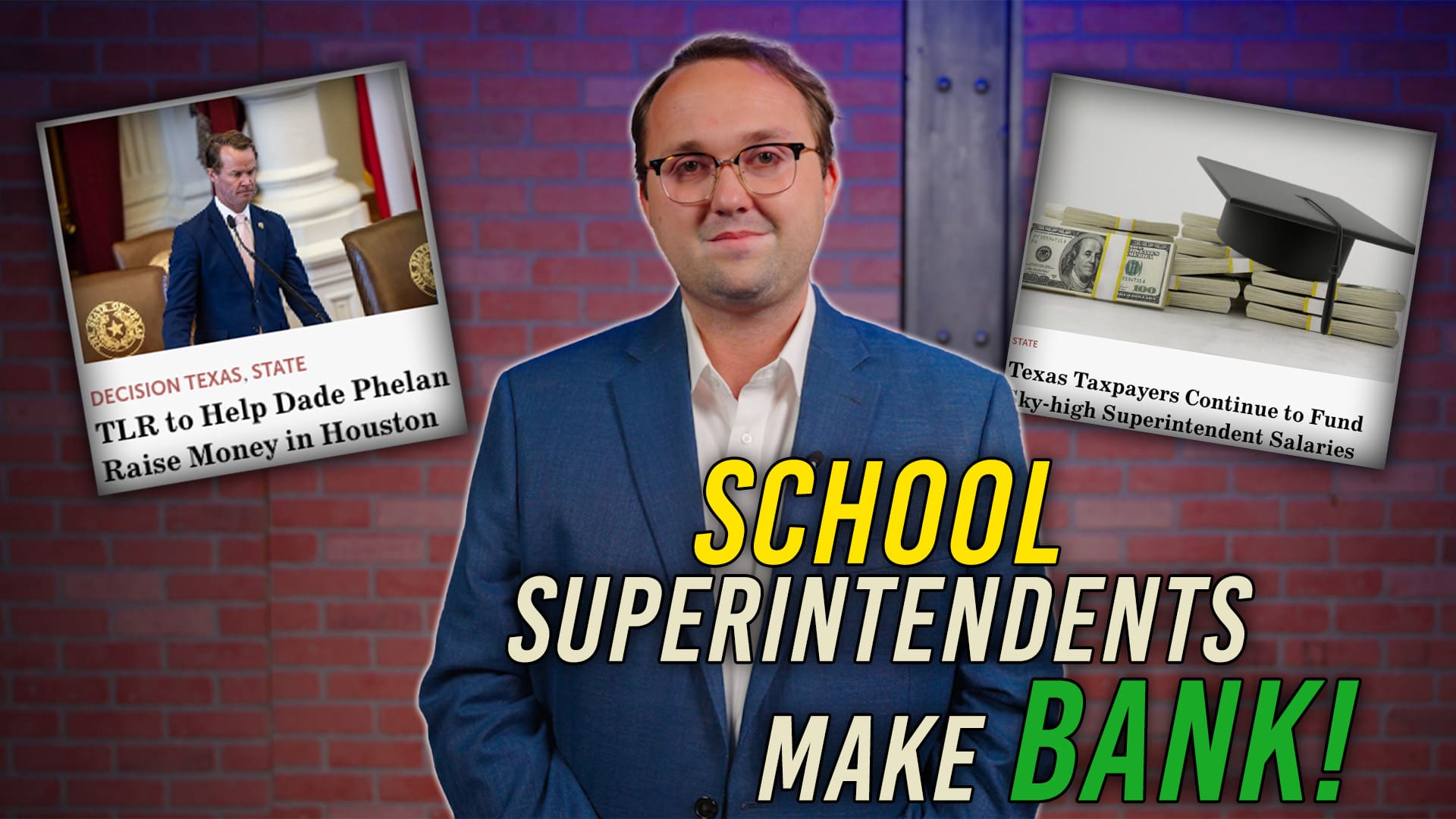On March 6, three Texas lawyers—including yours truly and Empower Texans’ General Counsel, Tony McDonald—filed a lawsuit in federal court challenging the mandatory payment of dues and other fees to the State Bar of Texas as a condition of practicing law in the state.
The challenge is based on the U.S. Supreme Court’s 2018 decision in Janus v. AFSCME, which held that a government employer cannot compel public employees to pay dues or other fees to a labor union as a condition of employment. The Court in Janus determined that requiring such payments constitutes compelled speech and violates the First Amendment.
Although lawyers are not public employees, and the state bar is not a labor union, our lawsuit contends that the principle is the same: The government is requiring individuals to financially support an organization that is engaged in lobbying and other political activities. Hence, the mandatory payment of dues to such an organization represents compelled speech, in violation of Janus.
Texas is one of 31 states with a “unified” or “integrated” bar, requiring membership in a bar association as a condition of practicing law. The State Bar of Texas uses the mandatory dues to finance its political activities, including the employment of lobbyists, proposing legislation, and taking positions on public policy issues—some of them quite controversial.
For example, the state bar engages in advocacy of “diversity” initiatives on behalf of LGBT and other groups, and “access to justice” programs that include the representation of illegal aliens to defeat enforcement of federal immigration laws.
Pursuant to well-established Supreme Court caselaw, the government cannot compel speech or association by requiring membership in, or financial support of, organizations engaged in political or ideological activities.
The Supreme Court has strongly signaled that Janus is broad enough to forbid mandatory bar dues. In December 2018, after the Janus decision was handed down, the Supreme Court overturned an Eighth Circuit ruling, Fleck v. Wetch, that upheld mandatory bar dues in North Dakota and remanded the case “for further consideration in light of Janus.” This ruling appears to be very consequential—handwriting on the proverbial wall.
Thus, the recently filed lawsuit against the State Bar of Texas is not the only challenge to mandatory bar dues. The challenger in Fleck is represented by the Arizona-based Goldwater Institute. [Disclosure: The Goldwater Institute represents me in an unrelated matter challenging “release time” in Austin under the Texas Constitution.] A similar post-Janus challenge has been filed in Oregon, and more are sure to come.
This lawsuit has enormous potential significance, not just for the 120,000 members of the State Bar of Texas (active and inactive) but for lawyers throughout the country subject to similar mandatory dues obligations. A favorable ruling would mean that bar associations, unless they confine themselves to non-political functions such as attorney licensure and discipline, cannot charge mandatory dues or compel membership.
Some states regulate the practice of law without a unified bar, and that practice will likely not be affected by Janus. Nor will voluntary membership organizations, such as the American Bar Association or the Federalist Society, be affected.
Mandatory membership represents coercion, which can easily cross the line into compelled speech. As Goldwater’s Timothy Sandefur noted, “Associations of lawyers—like the public employee unions at issue in Janus—have a powerful influence over the nation’s politics. That influence is distorted, however, by rules that don’t let lawyers as individuals decide whether or not to be a part of it.”
Freedom of association is essential to liberty. Janus forbids compelled speech in the form of government-mandated financial support to private organizations. Now, the unified bar is squarely in the crosshairs.
Our lawsuit is currently pending in the Western District of Texas in Austin before Judge Lee Yeakel. It is likely that Judge Yeakel’s decision in this case, however he rules, will be appealed to the Fifth Circuit and possibly the Supreme Court. Litigation is still in the early stages. Stay tuned.
This is a commentary submitted and published with the author’s permission. If you wish to submit a commentary to Texas Scorecard, please submit your article to submission@texasscorecard.com.





